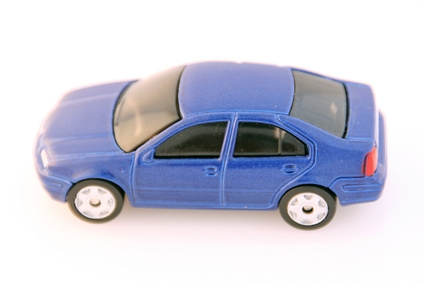
Founded in 1983, the Hyundai Auto Canada Corporation produces a wide range of compact, mid-size, luxury and crossover automobiles. Torque is powered by the engine and refers to the ability of a rotating element to surmount turning resistance, such as from a gear or shaft. Many levels of torque are available in Hyundai vehicles such as the Elantra, Tucson and Sonata.
The Hyundai Elantra Sedan features an in-line, four-cylinder, DOHC, 16-valve engine with CVVT. It has a displacement of 2 liters, a bore and stroke of 82 by 93.5 mm and a compression ratio of 10.1-to-1. It has 138 horsepower at 6,000 rpm and a torque of 136 foot-pounds at 4,600 rpm. The standard transmission is five-speed manual while it has an optional four-speed automatic transmission with overdrive lock-up torque converter.
The Hyundai Tucson has an in-line, four-cylinder engine with 16-valve DOHC and Dual CVVT. It has a displacement of 2.4 liters, a bore and stroke of 88 mm by 90 mm and a compression ratio of 10.5-to1. It has a horsepower of 176 at 6,000 rpm and a torque of 168 foot-pounds at 4,000 rpm. The standard transmission is a Shiftronic six-speed automatic.
Hyundai Sonata Sedan has an identical engine to the Tucson, an in-line, four-cylinder, 16-valve DOHC with Dual CVVT. It has a torque of 184 foot-pounds at 4,250 rpm and a horsepower of 198 at 6,300 RPM. The bore and stroke measures 88 by 97 mm and it has a displacement of 2.4 liters. The standard transmission for the Hyundai Sonata is a six-speed automatic with Shiftronic and the standard drivetrain is front engine/front-wheel drive.